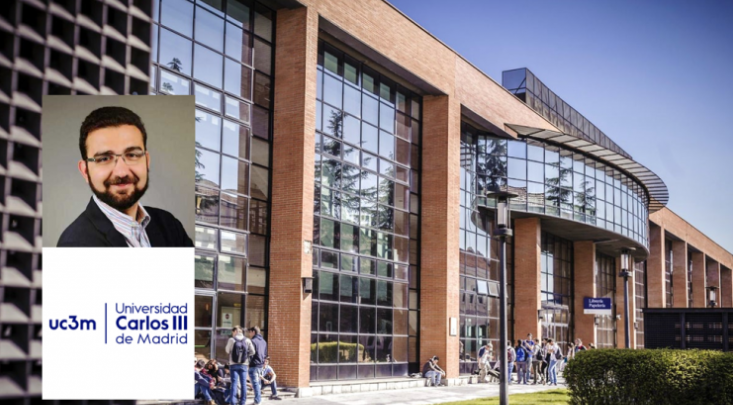Carlos Alario, subdirector de la Cátedra UNESCO, imparte dos seminarios en la Université Catholique de Louvain, Bélgica.
Carlos Alario, subdirector de la Cátedra UNESCO, imparte dos seminarios en la Université Catholique de Louvain, Bélgica. Estos dos seminarios están enmarcados en el proyecto ARC « MOOCresearch2.0: A mixed-method and multidisciplinary approach to socio-cognitive conflicts in online educational platforms »
MOOCs as Drivers for Hybrid Learning Initiatives
6 de noviembre de 2019, 14:00 a 15:30
MOOCs not only represent a great evolution for open education, but also allowed many educational institutions to boost their digital transformation. Prof. Armando Fox coined the term SPOC (Small Private Online Course) in late 2013 to refer to the use of MOOCs as a supplement to classroom instruction. Hybrid models that mix face-to-face and virtual instruction have been adopted by more and more educational institutions since then. The flipped classroom is one of the best-known models, although it presents important problems if students do not do their part at home before going to the classroom. This presentation shares the experience of Universidad Carlos III de Madrid, a traditional public university in Spain that has committed to an important digital transformation in recent years thanks to MOOCs.
Characterizing MOOC Learners through Interactions with Peers and Content
8 de noviembre de 2019, 14:00 a 15:30
Learners registered in MOOCs usually present characteristics which differ from those learners that can be found in undergraduate or postgraduate programs. This is why there has been a growing interest in trying to characterize the learners who register in MOOCs, with the aim to offer them a better e-learning experience. This presentation addresses some research results in relation to the characterization of MOOC learners from three different perspectives: 1) motivation and self-regulated learning skills, which are fundamental for facing a MOOC without the support from instructors: 2) interaction with peers through MOOC forums and social tools; and 3) interaction with course content and prediction of behavior from this interaction.

